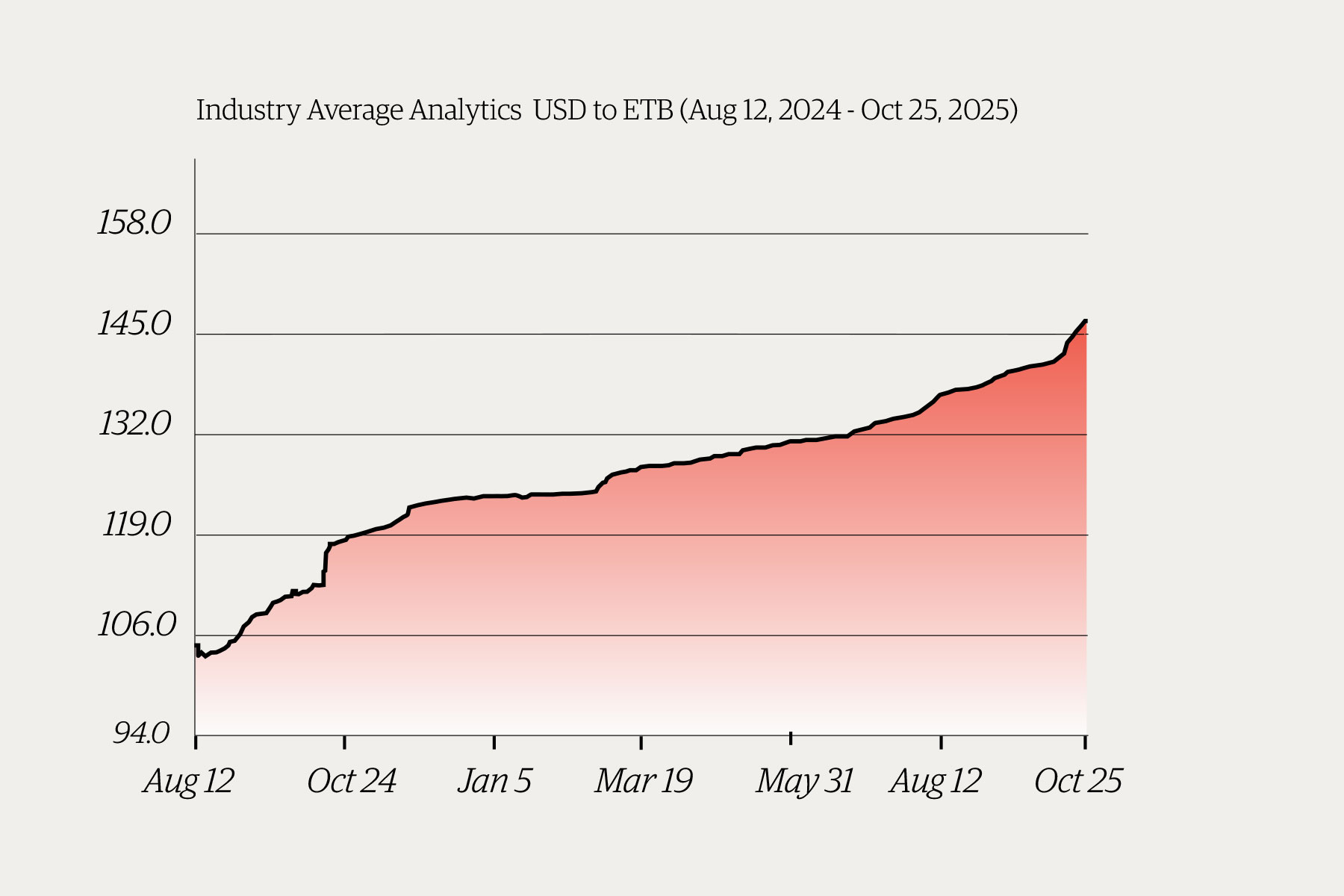
Radar | Nov 02,2025
Aug 13 , 2022
By Halima Abate (MD)
Public sector professionals operate under unique political and legal obligations, with greater public scrutiny of their actions and a duty to address public problems. So it could be impossible for them to bring this sense of public services responsibility into their roles as members with respect to their professional association.
Definitions of professions usually contain two attributes in particular: the first is the idea that a profession is built around a substantial body of theory and knowledge, which must be continuously tested, revised, and expanded. The second attribute deals with constantly pursuing new or revalidated knowledge that results from research efforts in the field or from related fields that can bring professional development.
It is clear that professional associations play an essential role in educating, credentialing, and advocating public services such as health, education, and law enforcement. They can produce public benefits through associations and promulgate institutional rules and norms of conduct that can elevate the quality of the professional workforce. They set up ethical standards for personnel, build social capital among members, and support their civic connectedness. Besides, their participation can also expose professionals to radically different perspectives and encourage tolerance for diversity in addressing much more significant public administration challenges, including effective public performance management.
Professional development will be used as a general term that encompasses a wide range of educational opportunities - from annual conferences, to local or regional workshops, to self-paced instructional materials for individualised learning. If a professional association can demonstrate active involvement in research efforts and professional development, one can make a case for the value that association gives to that profession in general and to its members in particular.
Despite their diversity, most associations hold in common three characteristics: a dues-paying membership base, tax-exempt status, and a mission focused on some collective action. The values guiding public employees are often described holistically as “public service ethos,” defined as a commitment to the values of accountability, collegiality, integrity, impartiality, organisational citizenship behaviour, loyalty, equality, and dedication to a public rather than a private interest. While an association’s longevity and the level of activity among its members can be used as measures of value, other ways of determining value exist.
Undeniably, public sector workers' membership in professional associations can exert a powerful external influence on public organisations’ behaviour and structure, especially with bureaucracies' tendency to mimic other bureaucracies. And there are blames on an increasingly professionalised management for holding the professional association aloof from public accountability, and a destructive influence on the public sphere. This brings up the original formulation of professional associations under question, whether to avail any value to their members or the profession at large.
The associations’ members can only answer as to whether they receive any value for the resources each one commits to these professional groups. The “upside” would be that most of us would have a bit more discretionary income, since we would not be paying dues to one or more organisations or having to come up with all or part of conference expenses. The fact that there would be no more conferences means that more of us would be able to attend meetings and workshops that would be sponsored and likely held on a local or regional basis, making them somewhat easier to attend. A contribution to the profession along these lines would be welcome.
Are professional associations valuable?
Ultimately, this question can only be answered by the associations’ members as to whether they receive any value for the resources each commits to these professional groups. However, professional associations should serve their members as a platform for promoting public values to the highest values of lawfulness, incorruptibility, and impartiality in a democratic society.
PUBLISHED ON
Aug 13,2022 [ VOL
23 , NO
1163]


Radar | Nov 02,2025

Radar | Sep 22,2024

News Analysis | Nov 09,2024

Money Market Watch | Oct 26,2025

Agenda | Aug 17,2025

Fortune News | May 18,2024

Sunday with Eden | Apr 28,2024

Agenda | Nov 27,2022

Radar |

Radar | May 07,2022

Photo Gallery | 180386 Views | May 06,2019

Photo Gallery | 170585 Views | Apr 26,2019

Photo Gallery | 161628 Views | Oct 06,2021

My Opinion | 137278 Views | Aug 14,2021

Dec 22 , 2024 . By TIZITA SHEWAFERAW
Charged with transforming colossal state-owned enterprises into modern and competitiv...

Aug 18 , 2024 . By AKSAH ITALO
Although predictable Yonas Zerihun's job in the ride-hailing service is not immune to...

Jul 28 , 2024 . By TIZITA SHEWAFERAW
Unhabitual, perhaps too many, Samuel Gebreyohannes, 38, used to occasionally enjoy a couple of beers at breakfast. However, he recently swit...

Jul 13 , 2024 . By AKSAH ITALO
Investors who rely on tractors, trucks, and field vehicles for commuting, transporting commodities, and f...

Nov 1 , 2025
The National Bank of Ethiopia (NBE) issued a statement two weeks ago that appeared to...

Oct 25 , 2025
The regulatory machinery is on overdrive. In only two years, no fewer than 35 new pro...

Oct 18 , 2025
The political establishment, notably the ruling party and its top brass, has become p...

Oct 11 , 2025
Ladislas Farago, a roving Associated Press (AP) correspondent, arrived in Ethiopia in...

Nov 2 , 2025
The National Bank of Ethiopia (NBE) has scrapped the credit-growth ceiling that had s...

Nov 2 , 2025 . By SURAFEL MULUGETA
The burgeoning data mining industry is struggling with mounting concerns following th...

Nov 2 , 2025 . By YITBAREK GETACHEW
Berhan Bank has chosen a different route in its pursuit of a new headquarters, opting for a transitional building instea...

Nov 2 , 2025 . By BEZAWIT HULUAGER
Nib International Bank S.C. has found itself at the epicentre of a severe governance...